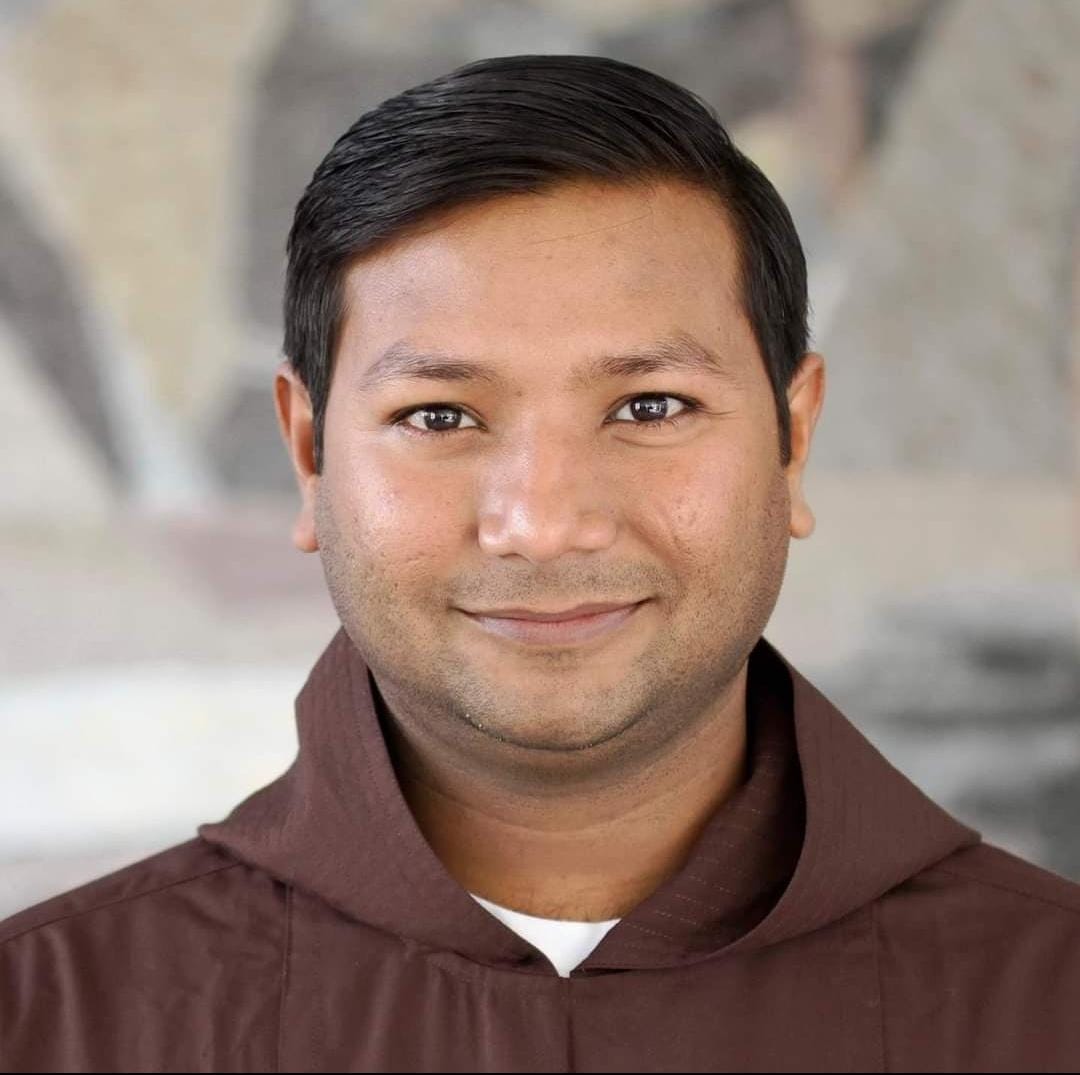Fr Aslam, a friar who encourages dialogue amid Lahore’s persecuted
Christians are socially and economically excluded, accused of blasphemy, victims of violence and forced marriages. While their lives in Pakistan are constantly threatened, the work of Capuchin friar Lazar Aslam is a glimmer of hope, providing help to individuals and families who are victims of violence and outreach to others overcome religious barriers and build social peace.
Lahore (AsiaNews) – Christians in Pakistan continue to endure persecution and discrimination, which over the years have greatly reduced their numbers.
How can one stand by those who suffer, defending their rights from the bullying of Islamic extremists without giving up on reaching out to different religious communities?
Fr Lazar Aslam, a 37-year-old Capuchin friar who faces this challenge, spoke to AsiaNews about his experience. Currently, he works in the Catholic Archdiocese of Lahore and, through his pastoral ministry, he has assisted for years families and persecuted Christians in various communities.
He is also a seminary lecturer who, in the spirit of Saint Francis, is active in interfaith dialogue, and the author of several books on the topic.
Father Aslam, what situation do Christians currently experience in Pakistan?
“Every day we see situations of violence and intolerance towards religious minorities, often also endorsed by the authorities and the police. It is alarming because there is a risk of a collapse of the social fabric. In addition to direct violence, the Christian community faces social and economic marginalisation and baseless accusations of blasphemy. Not to mention attacks directed at places of worship."
You take care of persecuted Christians. With what initiatives do you support them?
"Our Church seeks to provide them with spiritual guidance even in the worst of times. Along with this, we support the faithful who are victims of violence as much as possible, including financially and through the distribution of food. We have realised, however, that this is not enough and we work with some NGOs to provide legal support where necessary.”
To get out of this spiral of violence, you point the way to constructive interfaith dialogue. How can this help promote social peace?
“Interfaith dialogue provides a platform for people to meet, engage in intense discussions, and discover points of agreement. It helps to build connections based on empathy and respect. ew hope that the situation will improve, but we cannot stand still; we must promote a culture of peace. This implies bringing to these meetings the lessons on nonviolence and the value of tolerance. From this comes my desire to publish books that promote peace and mutual outreach.”
You mentioned hope for improvement. How can Pakistani society progress towards a more just and tolerant future?
"Embracing interfaith dialogue, encouraging mutual understanding, and creating an inclusive environment. I see these as crucial steps. Breaking bread together, both metaphorically and in person, promotes unity and collaboration in building a peaceful society. Interfaith communication and coordinated efforts can play a vital role in this. Understanding the meaning of breaking bread together, which symbolises unity, can lead us towards a more tolerant and peaceful society.”
What measures should the government take to protect minorities?
“The administration can take several measures to protect minorities, not only Christians. First, it can legislate and implement rules that protect the rights of all and penalise discrimination. Governments should also ensure representation of minorities, reflecting the diversity of the population. I also believe that adequate security measures must be taken to protect minority communities from violence. This includes developing policies that promote equal economic opportunity for all, regardless of religious belief or ethnic background.”
Finally, what can the Church improve in what she is already doing for the community?
“We should increase programmes aimed at supporting community needs, such as poverty, education, and health care. In conclusion, I believe that a holistic approach on the part of the Church is increasingly necessary; this includes spiritual support, practical assistance, including economic aid and legal protection for the victims of discrimination, and working with other entities.”








.png)










